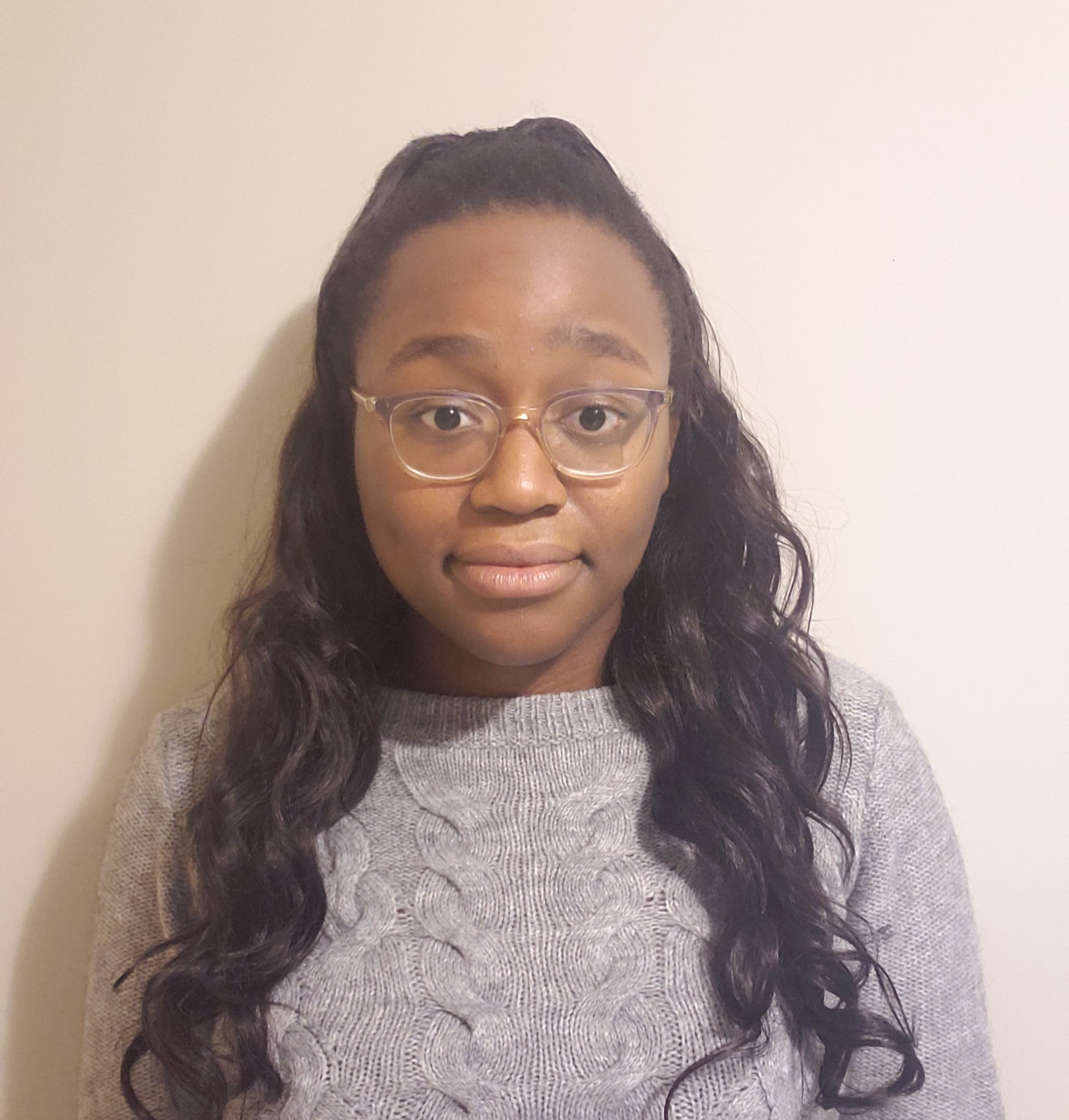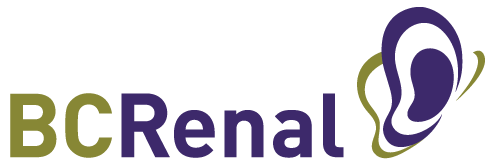 While completing the fourth year of her undergraduate degree in biology, Omosomi Enilama became highly interested in kidney disease and has since pursued a career in the field of kidney disease and transplantation research. She is now completing her Masters degree under the guidance of Dr. Adeera Levin, at a particularly unique time. Enilama joined a research team as Dr. Levin and colleagues launched a massive study to explore the efficacy of COVID-19 vaccines in people living with chronic kidney disease, including those on dialysis and who are kidney transplant recipients.
While completing the fourth year of her undergraduate degree in biology, Omosomi Enilama became highly interested in kidney disease and has since pursued a career in the field of kidney disease and transplantation research. She is now completing her Masters degree under the guidance of Dr. Adeera Levin, at a particularly unique time. Enilama joined a research team as Dr. Levin and colleagues launched a massive study to explore the efficacy of COVID-19 vaccines in people living with chronic kidney disease, including those on dialysis and who are kidney transplant recipients.
“It has been very interesting, because the situation with COVID keeps changing and you really have to keep adapting,” explains Enilama.
She notes that when the study first launched, only two doses of the vaccine were recommended by manufacturers. But now, patients have been receiving their third or even fourth doses. As a result, Enilama has had to continuously update the procedural protocols, ways of collecting data, and methods for tracking the various timepoints of when patients received their multiple doses.
But, Enilama says she enjoys the challenge. “I like having a puzzle – I’m always thinking, it will be easier or more efficient if we do it this way, or that way.”
The project is also keeping her very busy. As one of the main research assistants coordinating the study in BC (other teams are coordinating the other half of the study in Ontario), Enilama is in charge of many aspects of the project. This includes everything from recruiting study participants, to data entry and management. She is also working with national kidney research network, Can-SOLVE CKD, to create a knowledge translation plan, which involves communicating the results of the study to the public and the study participants.
She has also been tasked with labeling all the blood samples and ensuring they are safely transported to Ontario. All samples are being analyzed using a SARS-CoV-2 ELISA assay on a robotic platform, with the goal of ensuring consistent and high-quality data is collected. This assay will detect the presence and amount of three different types of COVID-19 antibodies, two of which develop in response to vaccines while the other occurs naturally after infection.
This study currently has over 700 participants in BC, with the goal of recruiting 1,500. There is no set end date for this study, although it is tentatively scheduled to conclude in 2023.
Although working on a project of this magnitude with a small team has had its challenges, Enilama feels that this has allowed her to understand the complex logistics that must be managed to conduct a research study: “My advice would be for anyone doing research to jump on the opportunity to be involved in multiple parts of the project – it just opens your eyes and helps you to do better and catch gaps or issues that are not being addressed.”
Thanks to Enilama for sharing her experience, and we wish her and her research colleagues, as well as the patients taking part, all the best as they carry out this important and timely work.
Recruitment for the COVID-19 study is ongoing; for those interested in participating, please contact Katy Vela at
projects@bcpra.ubc.ca.

